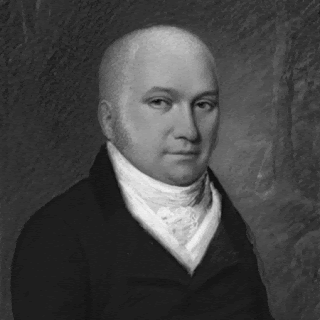We do lie beneath the grass
In the moonlight, in the shade
Of the yew-tree. They that pass
Hear us not. We are afraid
They would envy our delight,
In our graves by glow-worm night.
Come follow us, and smile as we;
We sail to the rock in the ancient waves,
Where the snow falls by thousands into the sea,
And the drowned and the shipwrecked have happy graves.[2]
Works Referenced
Boddoes, Thomas Lovell. "Dirge." The Poems Posthumous and Collected of Thomas Lovell Boddoes. Vol. 2. London: William Pickering, 1851. 163.
Hirsch, Edward. A Poet’s Glossary. Boston, MA: Houghton Mifflin Harcourt, 2014.
____________________
[1] Hirsch, 166-167.
[2] Beddoes, 163.

No comments:
Post a Comment